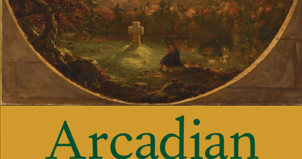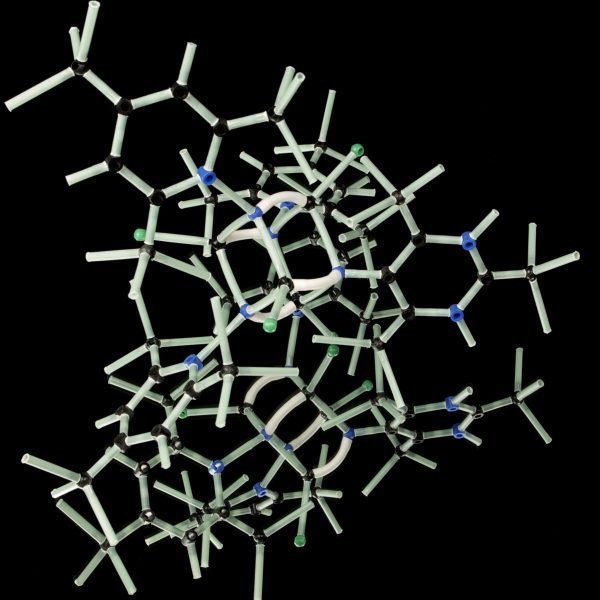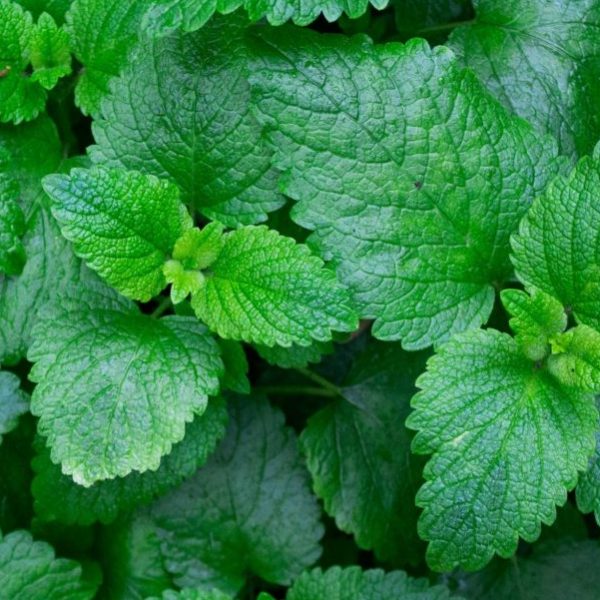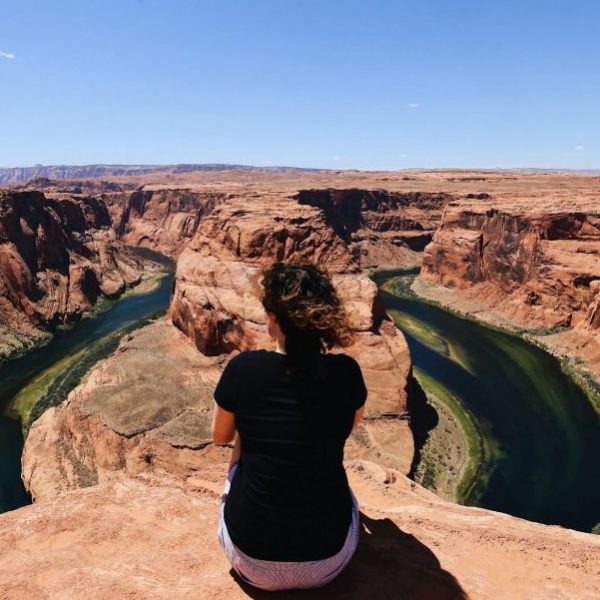Arcadian America: A New Direction in Narrative History
 Arcadian America, written by Aaron Sachs, takes a look back at nineteenth-century garden cemeteries and relates them to our current moment of environmental crisis. Throughout, Arcadian America presents the reader with a great deal of historical facts and context, which Sachs effortlessly blends with cultural criticism and personal memoir to create a truly interdisciplinary work. By including sources such as nineteenth century nature writers, novelists, painters, horticulturists, landscape architects, and city planners, Sachs is able to present a rich history that is beyond mere facts.
Arcadian America, written by Aaron Sachs, takes a look back at nineteenth-century garden cemeteries and relates them to our current moment of environmental crisis. Throughout, Arcadian America presents the reader with a great deal of historical facts and context, which Sachs effortlessly blends with cultural criticism and personal memoir to create a truly interdisciplinary work. By including sources such as nineteenth century nature writers, novelists, painters, horticulturists, landscape architects, and city planners, Sachs is able to present a rich history that is beyond mere facts.
For instance, Sachs first presents the idea of “arcadia” by exploring the paintings of nineteenth century American landscape painter Thomas Cole. Through a series of Cole’s paintings, Sachs examines the ideas of fantasy and reality, environmental damage caused by humans and the hopefulness of minimizing this damage, and the idea of constructing a new society in the wilderness. While presenting all of these facts about Cole, Sachs also adds in his own personal anecdotes and experiences, linking history to our present and creating a much more personable experience for the reader, citing people such as Walt Whitman, Herman Melville, and Winslow Homer, while also expressing his own opinions and experiences bringing this interdisciplinary work to life.

Thomas Cole, The Course of Empire The Arcadian State, 1836
Arcadian America is part of the New Directions in Narrative History series which includes original works of creative nonfiction across the many fields of history and related disciplines. Based on new research, the books in this series offer significant scholarly contributions while also embracing stylistic innovation as well as the classic techniques of storytelling. The works of the New Directions in Narrative History series, intended for the broadest general readership, speak to deeply human concerns about the past, present, and future of our world and its people.




